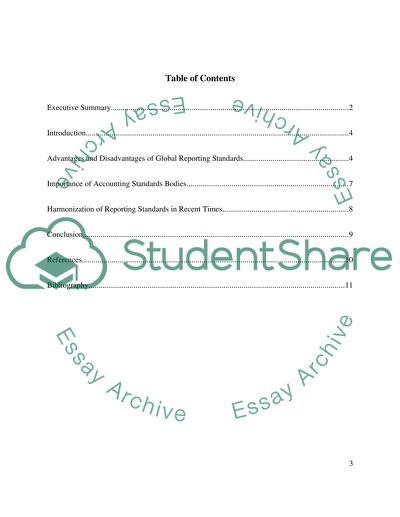Cite this document
(“New UK GAAP Assignment Example | Topics and Well Written Essays - 1500 words”, n.d.)
New UK GAAP Assignment Example | Topics and Well Written Essays - 1500 words. Retrieved from https://studentshare.org/finance-accounting/1489905-new-uk-gaap
New UK GAAP Assignment Example | Topics and Well Written Essays - 1500 words. Retrieved from https://studentshare.org/finance-accounting/1489905-new-uk-gaap
(New UK GAAP Assignment Example | Topics and Well Written Essays - 1500 Words)
New UK GAAP Assignment Example | Topics and Well Written Essays - 1500 Words. https://studentshare.org/finance-accounting/1489905-new-uk-gaap.
New UK GAAP Assignment Example | Topics and Well Written Essays - 1500 Words. https://studentshare.org/finance-accounting/1489905-new-uk-gaap.
“New UK GAAP Assignment Example | Topics and Well Written Essays - 1500 Words”, n.d. https://studentshare.org/finance-accounting/1489905-new-uk-gaap.


